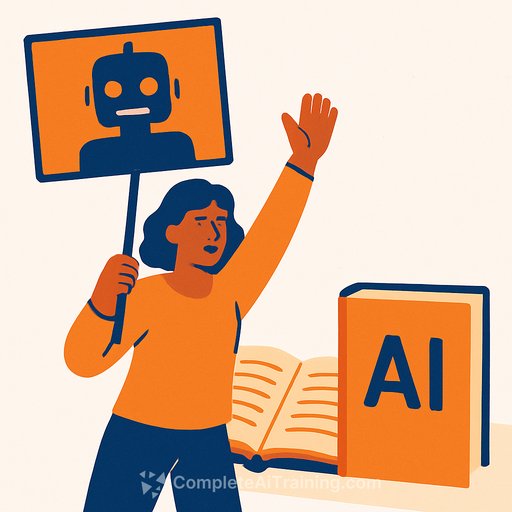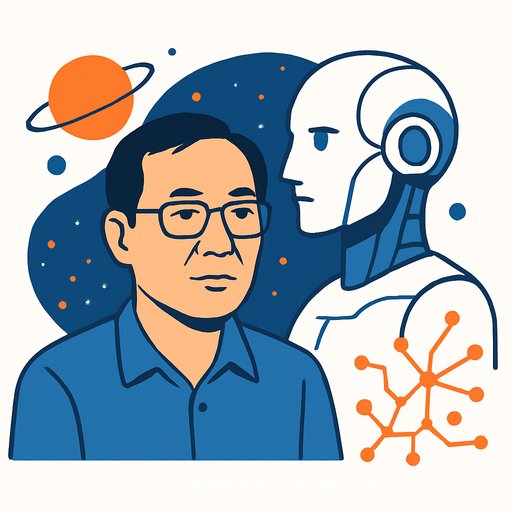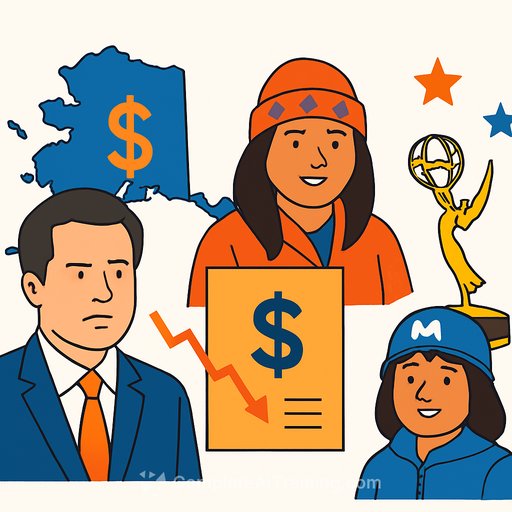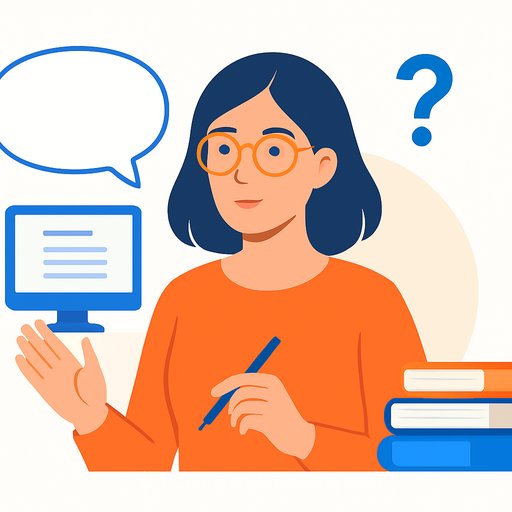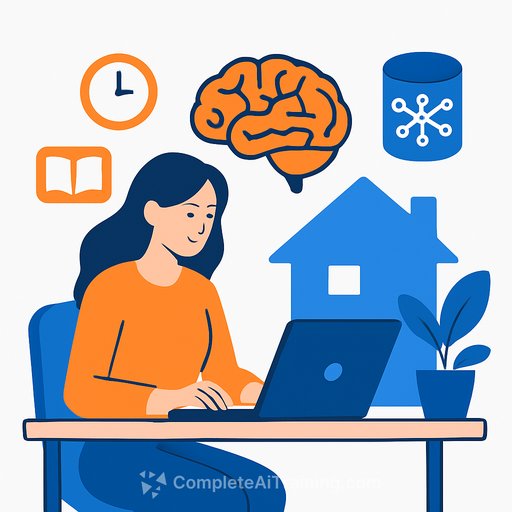Literary Hub’s Open Letter: Writers Demand Publishers Reject AI-Generated Books
Writers across the country have united to send a clear message to major publishers: they must refuse to publish books created by artificial intelligence. This call to action stresses that only human authors can truly capture the depth of the human experience, and that AI-generated content undermines the very craft of writing.
The core of the writers’ concern is simple. Books—whether novels, biographies, poems, or memoirs—are reflections of human life. They emerge from personal pain, joy, love, and loss. AI, no matter how advanced, lacks the ability to genuinely feel or live these experiences. Its outputs, while sometimes impressive, are ultimately a simulation built on the work of countless human authors, often without their consent or compensation.
The Theft Behind AI Training
Every AI language model relies heavily on existing written works to generate text. This means the countless hours writers invest in crafting stories are being used to train machines that could soon replace human authors entirely. The letter points out that this is a form of theft—art created from lived experience is taken without acknowledgment or payment.
Moreover, this shift threatens more than just writers. Editors, publicists, audiobook narrators, and others who contribute to the publishing process face job insecurity. AI-generated audiobooks, for example, are already displacing human narrators. The publishing industry, which thrives on human collaboration and care, risks losing its soul if AI takes over.
A Clear Pledge for Publishers
The writers urge publishers to commit publicly to rejecting AI-generated books and to protect their human workforce. Their demands include:
- No publishing of books written with AI tools trained on stolen creative work.
- No creation or promotion of AI-generated “authors” or pseudonymous AI books.
- No use of AI—built on stolen works—to design or produce any part of published books.
- No replacement of human employees with AI tools, either fully or partially.
- No new job roles dedicated to overseeing AI-generated content.
- Continued hiring of human audiobook narrators instead of AI-generated voices.
The letter also states that future contracts with authors should reflect these commitments, ensuring long-term protection for writers and their work.
Why This Matters for Writers
For writers, this is more than a statement against technology—it’s a stand for respect, fair compensation, and the value of human creativity. AI-generated content may seem like a shortcut, but it cannot replace the lived experience and emotional truth that real authors bring to their work.
As the publishing landscape evolves, writers want to ensure that the integrity of their craft remains intact and that new voices have a fair chance to be heard. Their call is for publishers to be guardians of literary art, honoring the human stories that AI can never truly replicate.
To explore how AI tools can be used responsibly in creative industries without compromising ethical standards, writers and publishers might consider resources like Complete AI Training, which offers courses on AI applications with a focus on ethical use.
Your membership also unlocks:

